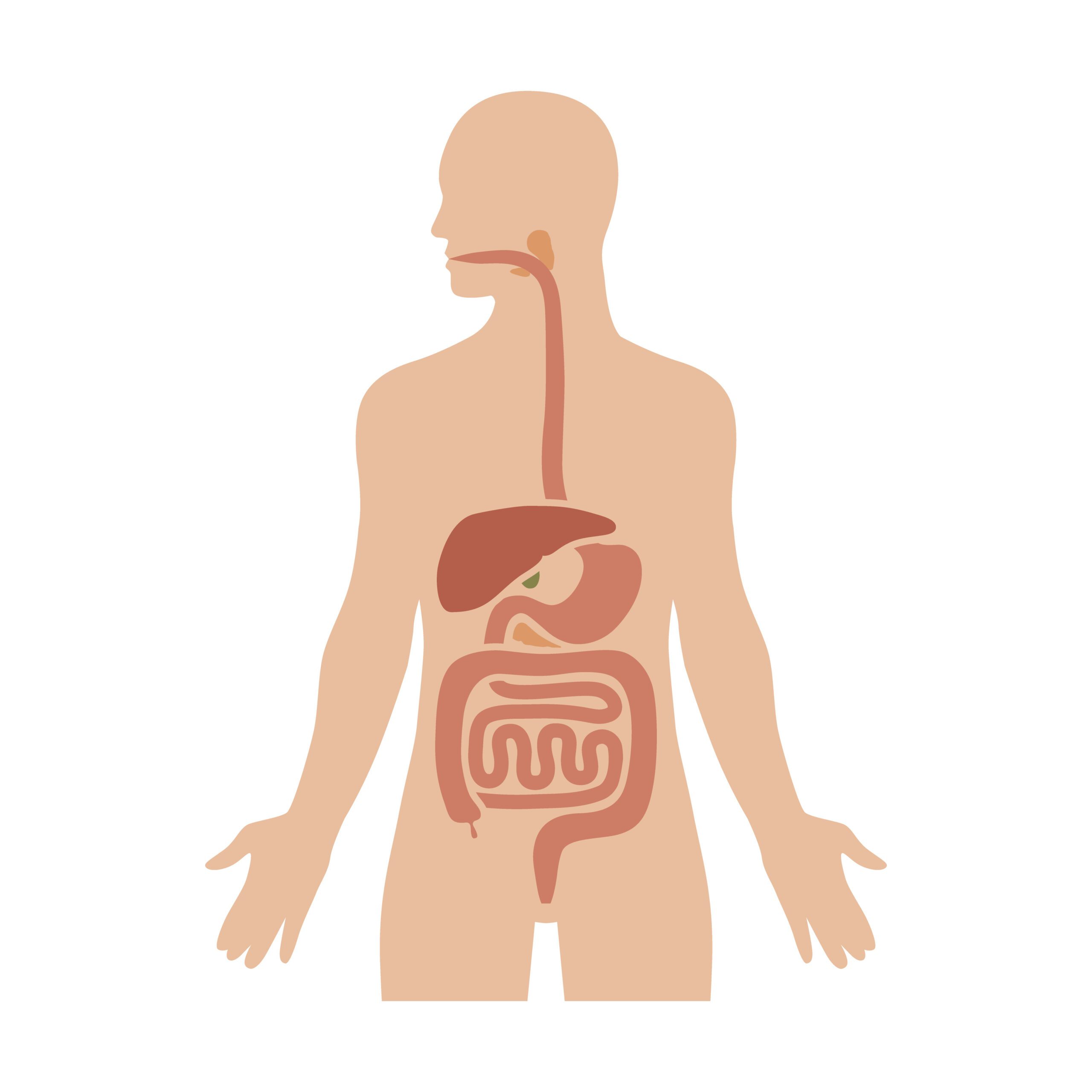Do You Have This Common Digestive Disorder and Just Not Know It?
March 25, 2017
 590
590 
One of the most prevalent diseases out there today has to do with digestion: Celiac disease. While few people clearly understand exactly what Celiac disease is; even fewer know they have it. It was recently found that approximately 97 percent of people with Celiac disease have never been diagnosed.
In this article, we will discuss the most pertinent topics of Celiac, such as its definition, its most common symptoms, and what treatments and advice is available for those suffering from this condition.
First off, as any article on Celiac disease should begin, this one begins with a working definition of exactly what it is and how it affects the body. While a relatively newly diagnosed disease, Celiac affects hundreds of thousands of people in this country and interferes with a healthy and happy life. At its most basic, Celiac disease is defined as “a reaction to the natural gluten found in many grains.” But not all gluten is necessarily a culprit. This reaction is an inflammation in the basic digestive system of an otherwise healthy person and its presence and buildup can lead to a variety of short and long term health problems, including serious damage to the small intestine.
While ranging in its manifestation of digestive problems and other symptoms tied to the condition, Celiac disease is typically characterized as having the following symptoms . . . first in children, and then also in adults:
Symptoms in Children
Symptoms in Adults
While the common symptoms associated with children with this disorder are often very obvious (as children are typically very healthy), the symptoms that manifest themselves in adults can be less determinate of Celiac as there are a number of factors that can contribute to an adult suffering from these symptoms. Moreover, having Celiac that goes unnoticed and uncared for in the long term can lead to a host of degenerative conditions that seem to have no tie to an adult’s digestive system. This said, it is no wonder why so many of us are undiagnosed or misdiagnosed.
Treatment
So, this said, what are you to do? The best thing to do if you have any of these symptoms (or your child does) is to see a doctor and ask him or her about Celiac disease. The one silver lining about this disease is that in most cases, the damage done to your small intestines and your body can be repaired in a short amount of time by beginning a gluten-free diet. For children, it can be as early as three days that they start losing all negative symptoms associated with the disease. Of course, it will take longer for adults. But again, most often a gluten-free diet will help repair all damage made and restore your overall health and well-being.

A new study suggests that a widely used sugar substitute found in diet sodas, chewing gum, and low-sugar yogurt may elevate insulin levels. This could increase the long-term risk of heart disease. “Artificial sweeteners have infiltrated nearly all types of food, making it crucial to understand their long-term health effects,” said Yihai Cao, senior author […]

Diet Coke has long been a fan-favorite among soda lovers who want a fizzy, guilt-free alternative to traditional soft drinks. While its zero-calorie, zero-sugar label makes it seem like a healthier option, the reality is far more concerning. Despite its undeniable popularity, Diet Coke’s nutritional profile has raised red flags among health experts for years. […]

New study shows that embracing an anti-inflammatory, plant-forward diet can support cognitive function and help reduce the risk of dementia. What You Eat Shapes Your Brain The food you eat doesn’t just impact your body—it also affects your brain. Research suggests that eating an anti-inflammatory, plant-based diet can help improve memory, focus, and overall brain […]